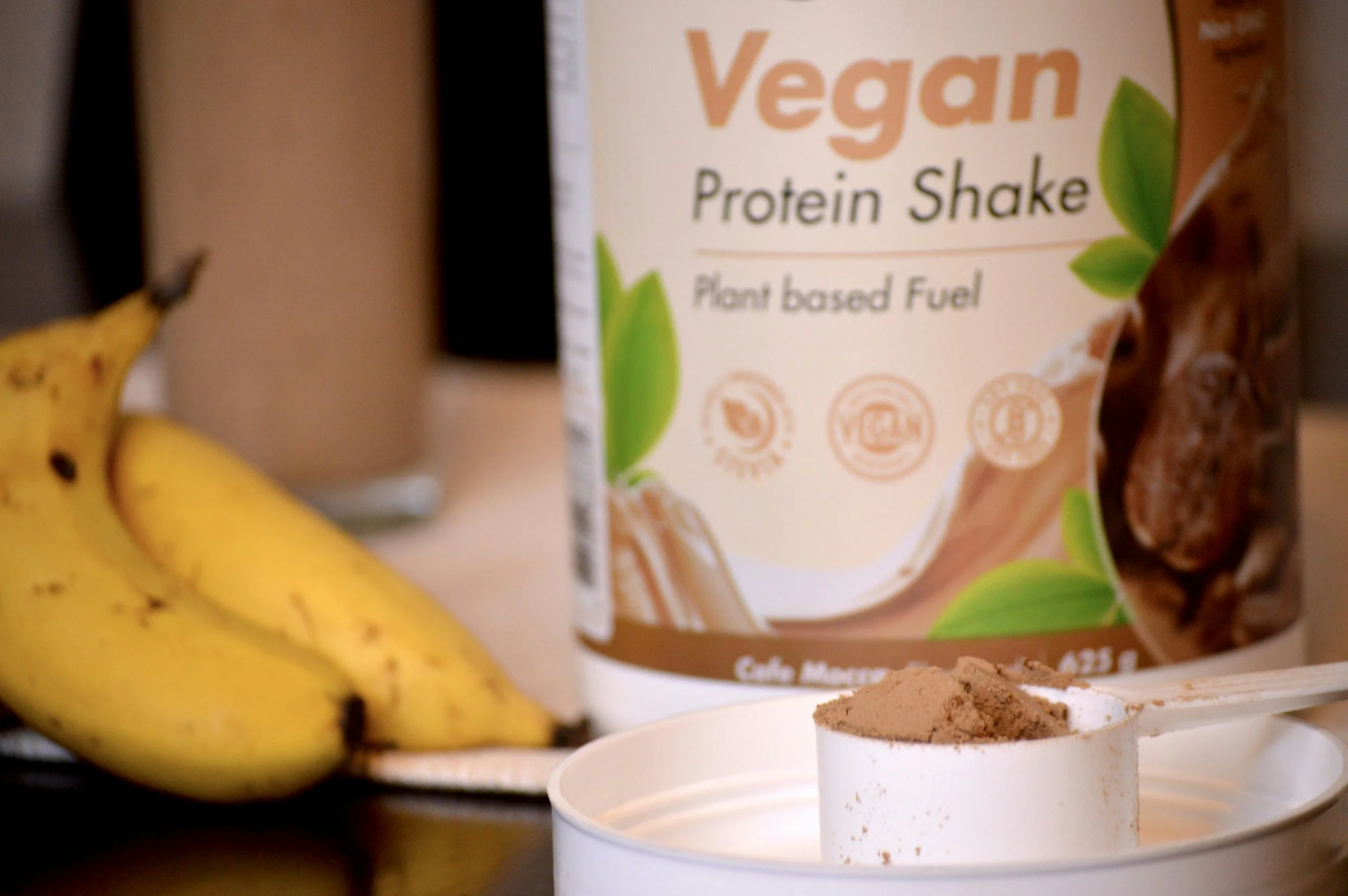Why Leucine Matters Most for Muscle Growth and Recovery
Let’s talk about protein. More specifically, let’s talk about leucine.
Whether you're working to build strength, improve endurance, or maintain lean muscle as you age, your ability to recover and grow depends on one key trigger: muscle protein synthesis. And one amino acid plays the leading role in that process.
What Is Leucine and Why Does It Matter?
Leucine is one of the essential branched-chain amino acids (BCAAs). It acts as the “on switch” for muscle repair by activating a molecular pathway called mTOR, which tells your body to start rebuilding muscle tissue after training.
Without enough leucine, even a high-protein meal may not fully trigger muscle protein synthesis. This is why protein quality and amino acid composition matter just as much as hitting your total protein intake.
Why It’s Especially Important for Women
Women tend to have lower baseline rates of muscle protein synthesis compared to men, partly due to hormonal differences. For example, muscle breakdown increases during the luteal phase of the menstrual cycle, just before your period.
This is one area where Dr. Stacy Sims' work is helpful. In her book ROAR, she highlights the importance of choosing leucine-rich protein sources, especially after strength training or during high-hormone phases when recovery can be compromised.
The research supports this. For both performance and recovery, women benefit from being more deliberate with post-training protein intake.
What to aim for: At least 2.5 grams of leucine in your post-training meal or shake. This is typically the minimum needed to fully activate muscle repair pathways.
How Much Protein Do You Actually Need?
For active individuals, the research-supported recommendation is about 1.8 to 2.2 grams of protein per kilogram of body weight per day.
That protein should be spaced throughout the day across three to five meals, with roughly 20 to 40 grams of protein per meal depending on your size, goals, and training demands.
For both men and women, leucine still matters. If you don’t hit the leucine threshold in a meal, your body may not initiate the repair process efficiently, even if you meet your total daily intake.
What Plant-Based Athletes Need to Know
If you follow a plant-based or vegan diet, this is something to pay attention to. Many common plant-based protein sources like pea, rice, and hemp contain less leucine per serving than whey or other animal-based proteins.
Some vegan protein powders contain only 1 to 1.5 grams of leucine per serving. That is not enough to reach the 2.5-gram mark that research suggests is needed to trigger muscle protein synthesis effectively.
If your protein label doesn’t list leucine content, check the brand’s website or reach out to the company directly. You may need to supplement with isolated leucine powder or choose a blend that brings you closer to that threshold.
Simple Strategies That Work
If you are not vegan, choose a high-quality whey isolate after training. Most servings contain around 2.7 grams of leucine.
If you are vegan, look for blends that list leucine content and get close to 2.5 grams, or add free-form leucine to your post-workout shake.
Do not rely on BCAAs alone. Always aim for a complete protein source after lifting or intense training.
For women, be especially strategic about recovery nutrition during the luteal phase, when muscle breakdown is elevated.
The Bottom Line
Leucine is not just another buzzword. It is one of the most important amino acids for recovery and muscle growth.
Whether you eat animal protein, plant-based protein, or a combination of both, what matters most is that you are getting enough leucine to support the work you are putting in at the gym or on the field.
If you want to build muscle, maintain strength as you age, or support your training with purpose, start by paying attention to your post-workout protein. Total intake matters, but leucine matters even more.
Train. Play. Repeat.

